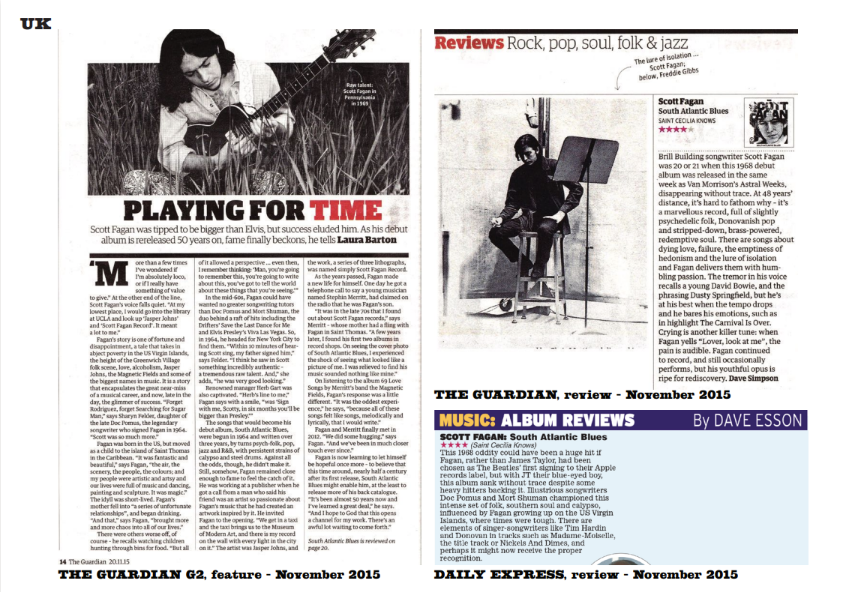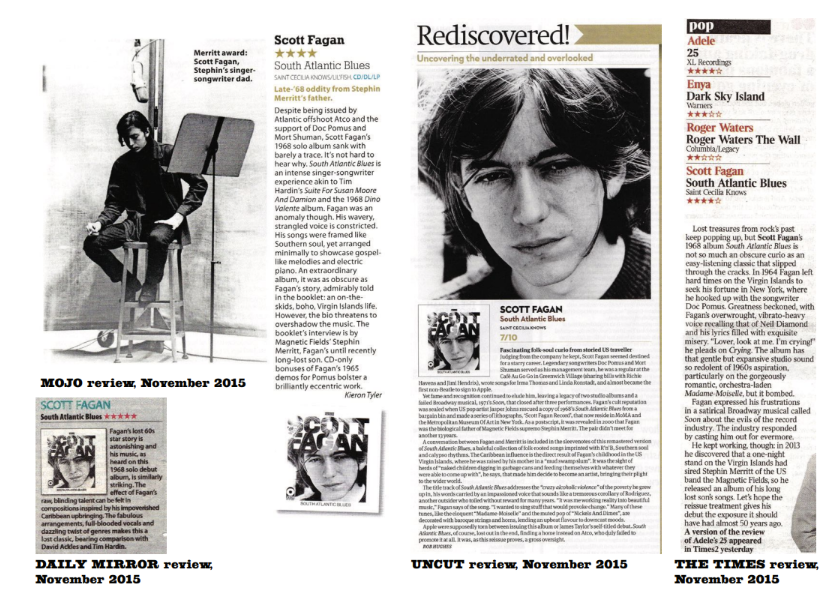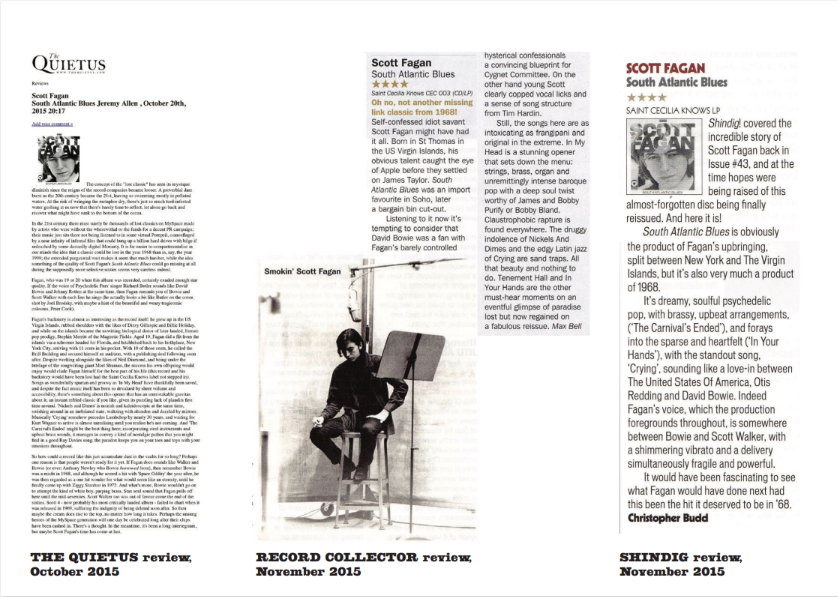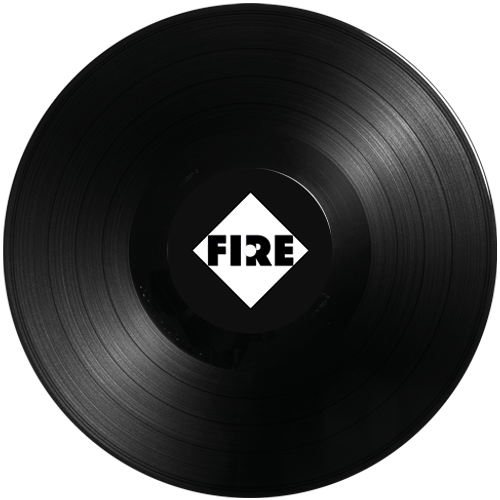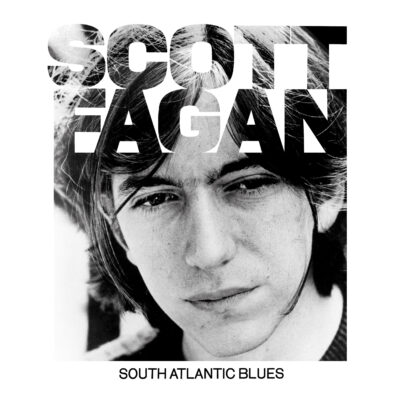It Won’t Be Long: The Songs Of Scott Fagan
The songs of Scott Fagan are a treasure house of buried gems. Best-known for his 1968 debut album, South Atlantic Blues, a timeless calypso-folk masterpiece, he is also the co-creator of Soon, the first rock opera on Broadway, and the father of Stephin Merritt of The Magnetic Fields.
Photos
Photos
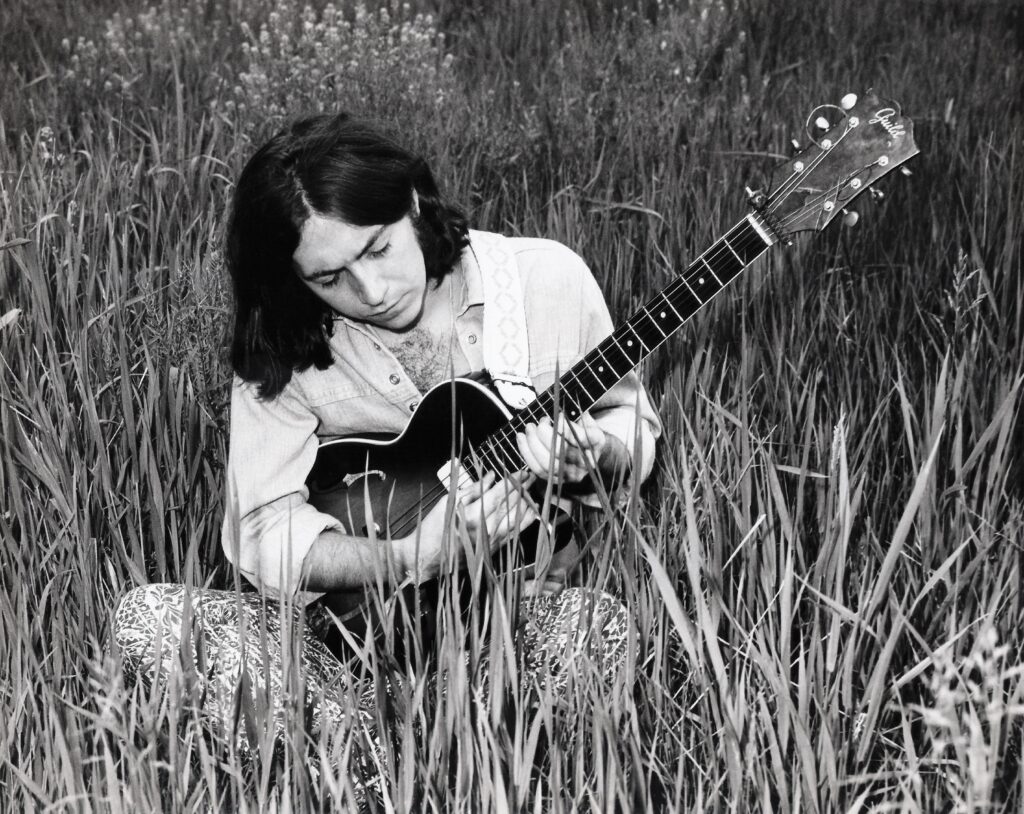
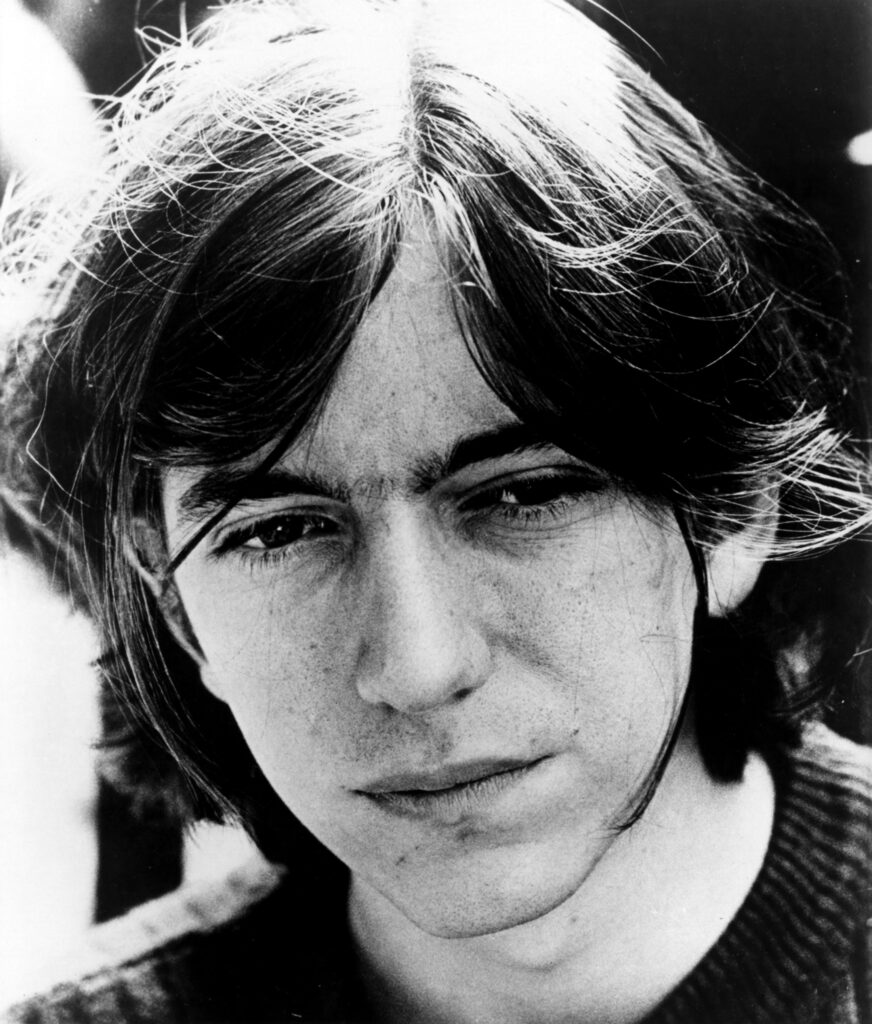
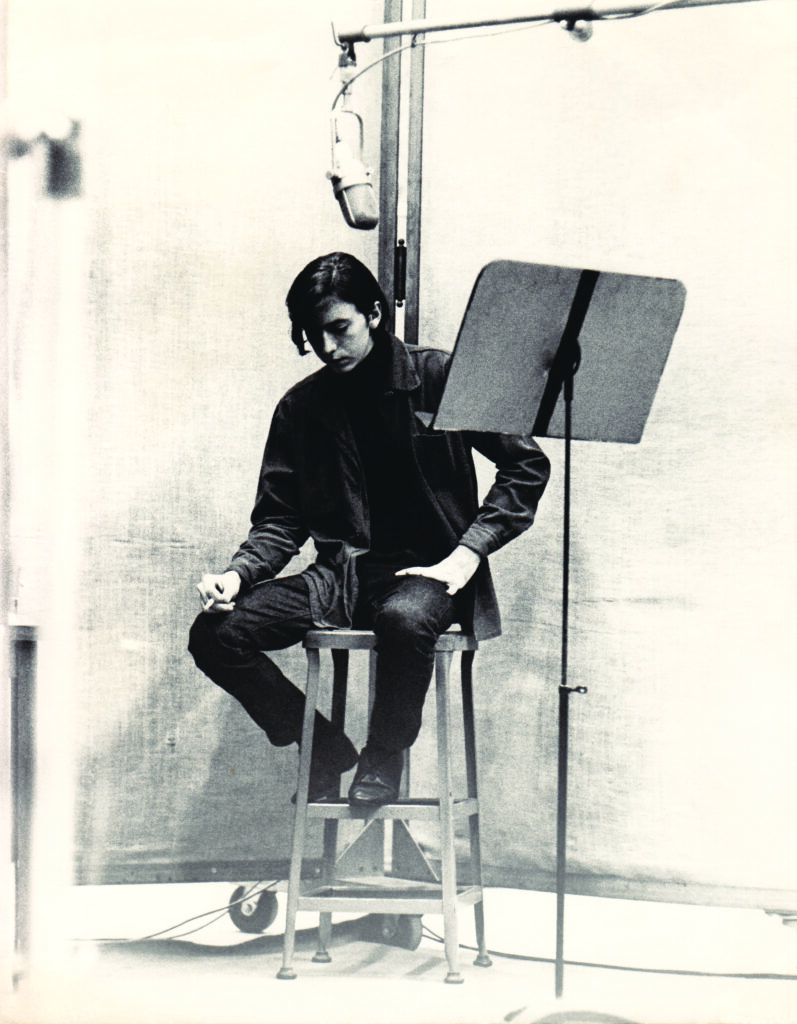
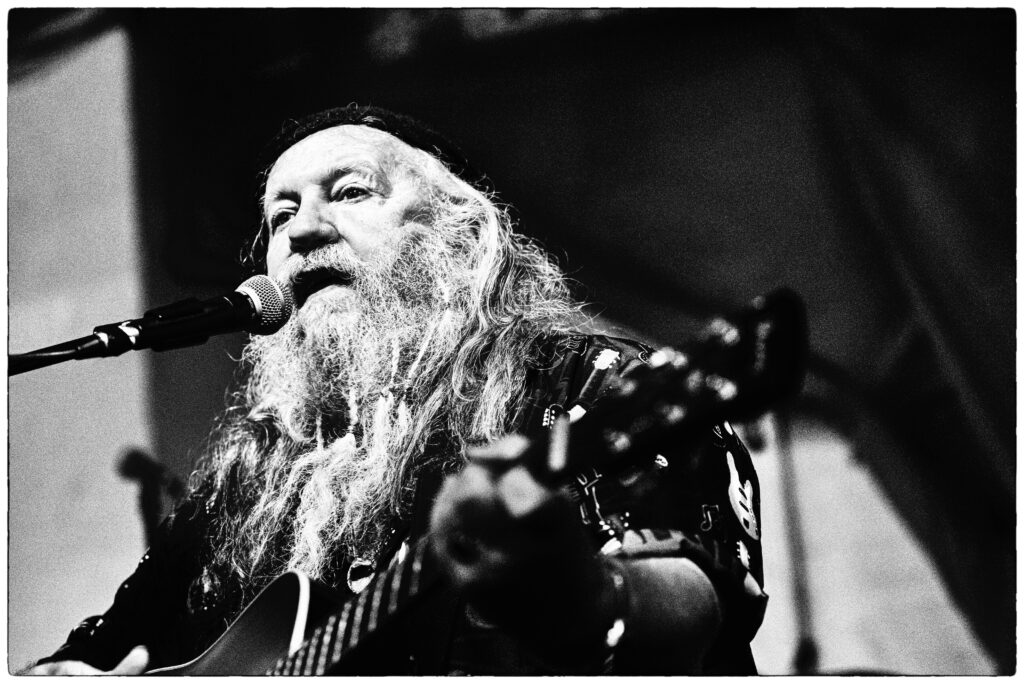
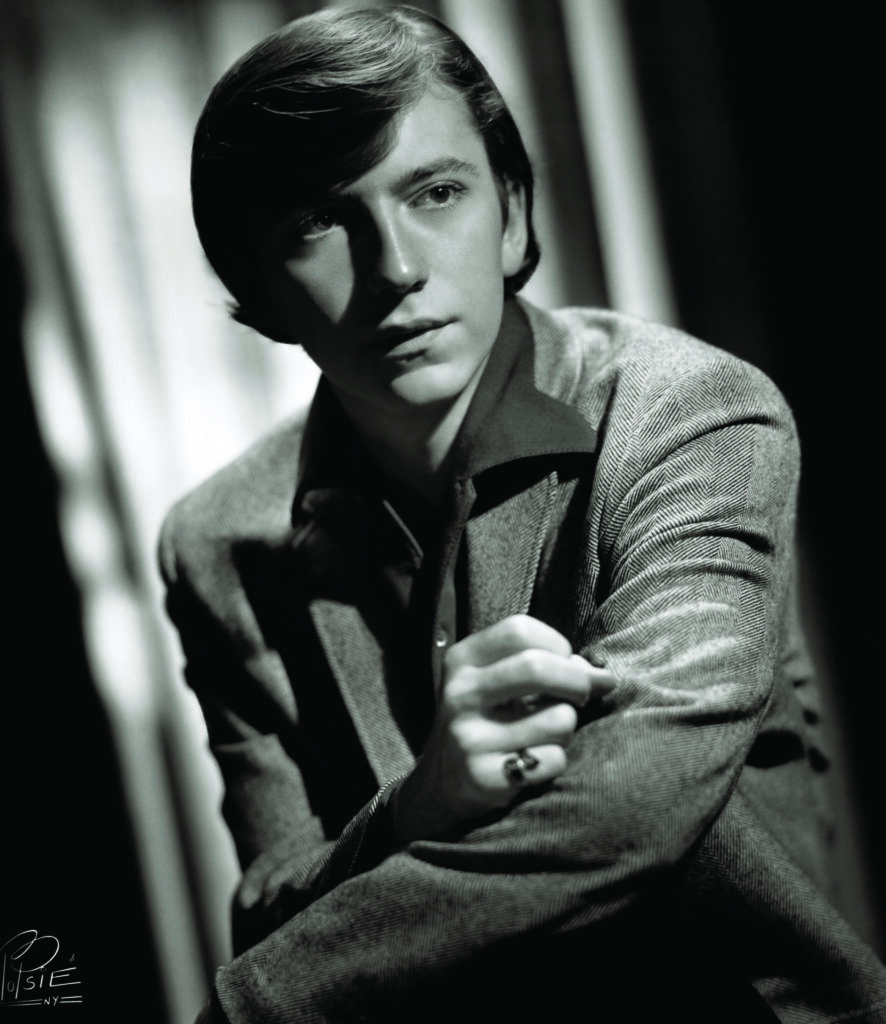
A taste of Scott Walker, a flicker of Bowie, Lou Reed, and Tim Hardin, but a sound that is purely and utterly Fagan
The Guardian
About
Scott Fagan writes songs of love and liberation, of heartbreak and healing, songs that interrogate the powers that be and the power to be. A singer-songwriter from the US Virgin Islands, Fagan is the father of Stephin Merritt of the Magnetic Fields, who somehow inherited Scott’s songwriting genes and wry humour, despite not having met him until 2012.
Born in 1945, and raised in grinding poverty, the son of a New York jazzman who played with Billie Holiday, Dizzy Gillespie, and Lester Young, music was in his veins. In the mid-‘60s, as a teenager, he was taken under the wing of master Brill Building songwriters, Doc Pomus and Mort Shuman (“Save the Last Dance For Me”, “Can’t Get Used to Losing You”, “Viva Las Vegas” and many others) who, recognising his raw talent, managed and mentored him.
Fagan was signed to Columbia Records in 1964, Bang Records in 1966, and almost became the first artist on the Beatles’ Apple Records. After cutting his teeth in the Greenwich folk scene, playing alongside Jimmy James (aka Jimi Hendrix), Tiny Tim, and Richie Havens, Fagan’s debut album, South Atlantic Blues, was released on Atco Records in 1968.
A cult album in the true sense of the word, South Atlantic Blues didn’t make the charts, but ended up in New York’s Museum of Modern Art, after being immortalised in a series of lithographs by Jasper Johns, entitled “Scott Fagan Record”. It has aged well, standing with the best of its era, a baroque, calypso-folk, merengue-rock masterpiece, and concept album of sorts, about Fagan’s impoverished childhood in the US Virgin Islands.
Music was his salvation and escape, something to hold onto and believe in. Success, in an industry that valorised fame, promised a path out of poverty and destitution for Fagan and his family. As a young man raised in adversity, a child of alcoholics left to fend for himself, Fagan saw the world with a clarity beyond his years, its poetry and pains, its joys and injustices. And he sought to capture all that in his songwriting, with a burning desire to effect change, externally and internally, socially and personally.
How else to explain “Ghetto Fighter”, an exuberant protest song for the downtrodden but undefeated, in which Fagan casts himself, through an empathy born of lived experience, as a survivor against the odds, sympathetic to the plight of the poor and marginalised everywhere. Or “Kings and Pawns”, a razor-sharp critique of the game of life and its players that has lost none of its relevance or edge.
The love songs of Scott Fagan are the ones that hit hardest though, as they should. What are love songs anyway, except an expression of absence, with a need to be filled, of wounds longing for closure. Set against a hypnotic jingle-jangle melody, “Give Love A Chance”, a 1966 single, belies the hippie-era protest song its title implies for something more profound, an impassioned plea to let love in as a panacea for emotional pain and anxiety, while “Surrender To the Sun” suggests a natural remedy to mend a fractured heart. And “The Miracle”, an epic, never-released, hit-in-waiting, crystallises a yearning for ‘the one’ into a quest that feels eternal.
There are songs too of inspiration and infatuation, songs bright and breezy enough to soothe the fears of a world on fire. “Roll Out the Morning” unspools as a joyous celebration of the dawning of the day and a prelude to action for a brighter future. “Feels So Good” invokes its own mood, with the simplest of lyrics and an infectious melody.
This interweaving of the personal and the political, the world inside with the world outside, a hallmark of Fagan’s writing since the beginning, reached its apogee in his opus, Soon, a 1971 rock opera that starred a young Richard Gere, and opened and closed on Broadway in quick succession. The hard-won battles and disappointments Fagan had experienced in the music industry became the grist for this David vs Goliath tale pitting an artist, like all artists, an idealist and true believer, against a world ruled by ignorance, cynicism, and capital.
A radical call-to-arms against the complacency of the modern world, “Soon” plays out like a tone poem in 36 songs, about art, passion, commerce, and corruption. It closes with “It Won’t Be Long”, an existential ballad, deeply-felt and soulful, that takes the measure of existence, its intimate record of triumphs and torments, to trace the delicate balance between hope and survival.
In 1967, Fagan’s third manager, folk rock impresario Herb Gart, told him, “Sign with me, Scotty, and, in six months, you’ll be bigger than Elvis”. The talent was there, like a blinding light, the path was clear. He was promised the world, but the world didn’t deliver.
Undeterred, a true artist on a mission, driven by the muse, Scott Fagan continued to write and perform. The result is a body of work that has matured, largely unheard, retaining a vitality that transcends its era. These are songs, rich in emotion and overflowing with ardour, that ache to be played, re-interpreted, and performed. Their time is now. We hope you agree.
...his songs embrace a broad sonic fantasia, swirling in ’60s New York R&B and ’40s jazz, as well as the Caribbean rhythms of calypso, meringue and pachanga
New York Times
Listen
Press Clippings
